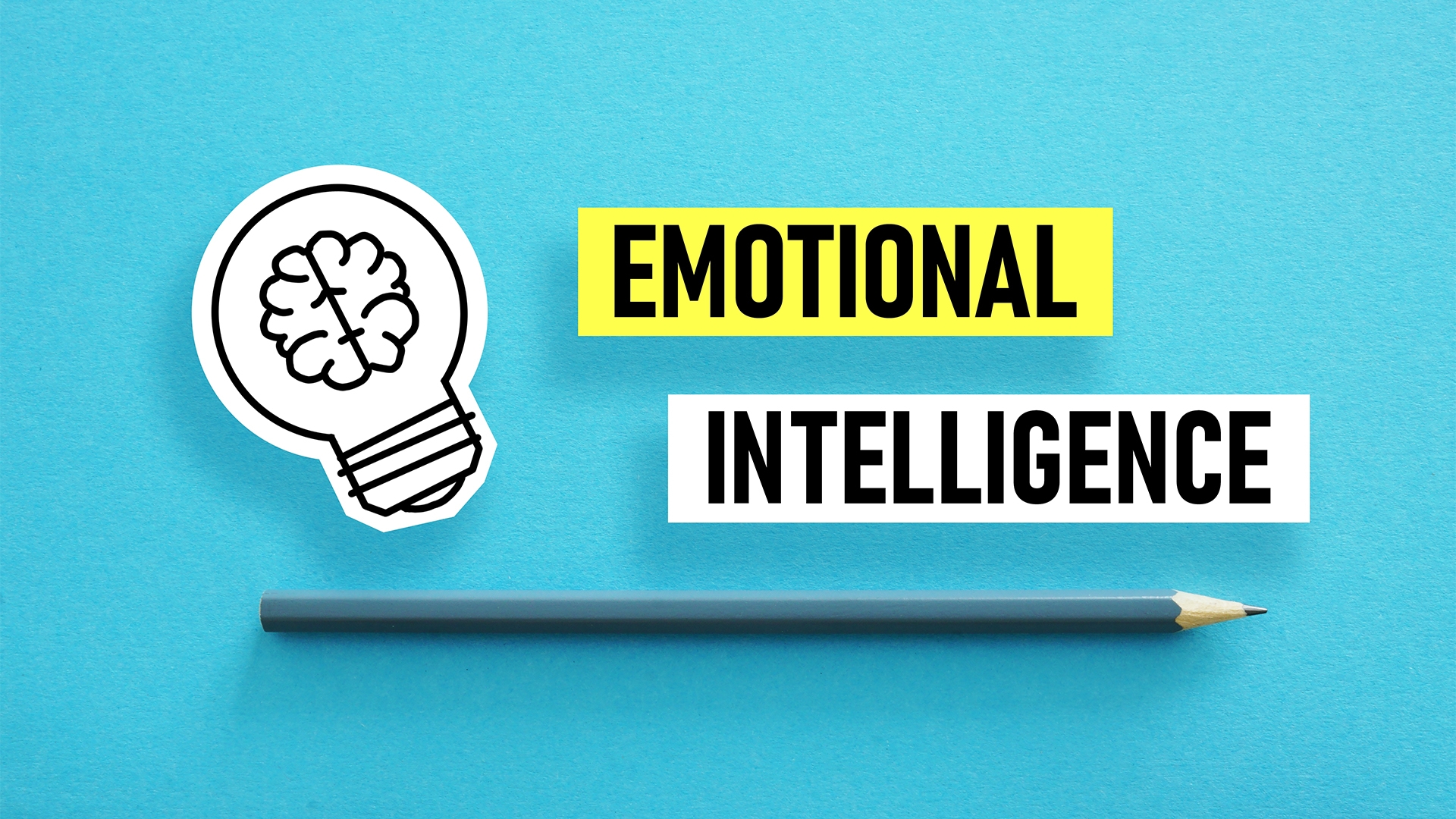
Leaders in today’s dynamic and fast-paced world need more than technical skills, strategic thinking, and deliberation to succeed. An important characteristic to become an effective leader is being able to emotionally connect with your team members, develop trust, and be empathetic in adverse situations.
Schedule a call with a Pragati Leadership expert to discuss how we can support your strategic objectives.
Schedule your CallEmotional intelligence (EI) is crucial for leaders of today. An emotionally intelligent leader balances between the larger picture and being in the present moment. This helps to foster an environment where people feel appreciated, ideas flourish, and organizations can benefit from sustainable growth.
Leaders who tap into their EI will spearhead transformations in an environment characterized by technical development, increasing employee demands, and hybrid teams. Before delving into the importance of emotional intelligence, let us understand the key components:
- Empathy enables you to understand and share other’s feelings and build deeper relations
- Motivation that encourages excellence even when faced with challenging situations
- Self-awareness to understand your emotions and their impact on your actions
- Self-regulation helps you to manage your emotional responses in ways that align goals and values
- Social skills to effectively manage relationships, resolve conflicts, and team dynamics
Why is Emotional Intelligence important for executive leaders?
1. Build trust and engagement
People appreciate leaders who are self-aware and empathetic. Teams build on trust encourage members to freely express themselves while assuming calculated risks. Additionally, they work together without worrying about what others think. For example, during a transition, leaders who identify the reasons that are making their people anxious and uncertain use their EI and honest communication to alleviate their apprehensions, which reduces resistance and increases engagement.
2. Align motivation and purpose
Being emotionally intelligent enables leaders to connect with people and understand what motivates them. With the right coaching and mentoring, leaders can develop their EI that allows them to demonstrate how team members’ efforts contribute towards the larger organizational goals. Leaders who have a higher EI emphasize purpose more than measuring performance to show how contribution of each person fits into the larger goals.
3. Building resilience and navigating conflicts
Every organization and leader are faced with conflicts at some point. Their ability to control emotions and empathize with others helps emotionally intelligent leaders to handle and effectively resolve conflicts and derive mutually beneficial solutions. They help their team members to communicate better, calm them in tense situations, and advance as one. Additionally, emotionally intelligent leaders develop resilience in themselves and others. Tenacity and creativity that leaders with higher EI demonstrate optimism and emotional stability in hard situations, which can transform obstacles into progressive opportunities.
4. Higher retention rates
Investing in a corporate leadership training program to help leaders improve their EI will benefit organizations in the long-term. When people are led by emotionally intelligent leaders, they are willing to stay longer, which reduces employee turnover. This in turn reduces the cost of hiring and training new people, which in turn positively impacts the company’s bottom line.
5. Improved performance
Teams driven by emotionally intelligent leaders enjoy trust and an open communication culture, which encourages collaboration and innovation. Additionally, leaders with higher EI understand client requirements, which helps to develop long-lasting relationships. Moreover, teams led by leaders with EI skills seamlessly adapt to changes and are resilient in adverse circumstances. All these lead to improved performance, which in turn increases sales and profits to drive sustainable organizational growth.
EI is not a soft skill but a core leadership trait that drives engagement, long-term success, and trust. Today’s evolving business environment requires leaders with strategic vision and emotional awareness to foster a culture of human connection and resilience.
How are you harnessing emotional intelligence to empower and inspire your team members? The journey begins with self-awareness and a commitment to connection. Explore our leadership coaching program to acquire EI and unlock your team’s complete potential and achieve sustainable success. Contact us now!
Share on Social Channels
Our Categories
Categories
- Behaviorial (7)
- Blog (277)
- Certified People Manager Program (5)
- Coaching (9)
- Corporate Trainers (7)
- Developing Collaboration (12)
- Emotional Intelligence Training (13)
- Executive Leadership Program (30)
- First Time Manager Training (13)
- Growth Mindset Course (3)
- Inspirational Leadership (23)
- Inspiring and Successful Leadership Awards (23)
- Leadership Awards (44)
- Leadership Development (126)
- Leading Virtual Teams (6)
- Management Development (29)
- Marketing (2)
- Negotiation Skills Training (8)
- Organizational Transformation (25)
- Others (24)
- Stakeholder Management (3)
- Strategic Leadership Development Program (4)
- VUCA Leadership (2)
- Wholesome Leadership (23)
- Women Leadership (15)
Recent Insights
“Executive presence isn’t something you are born with – it’s something you can cultivate. And...
“Transformational leadership focuses on developing, inspiring, and motivating followers to reach their full potential rather...
“Every expert was once a beginner. Embrace the journey”. Startups face unique challenges and have...
A few years ago, burnout was treated as a personal issue. If someone felt exhausted,...
“Your smile is your logo, your personality is your business card, and how you leave...
